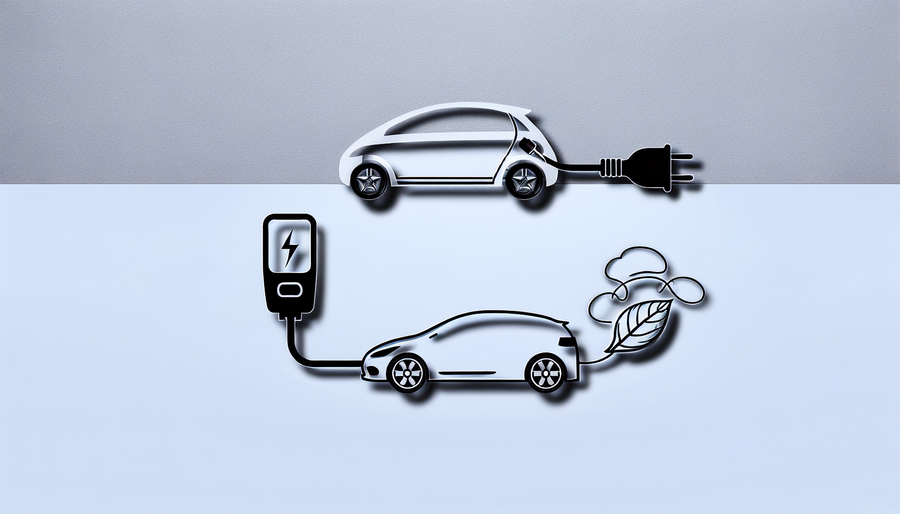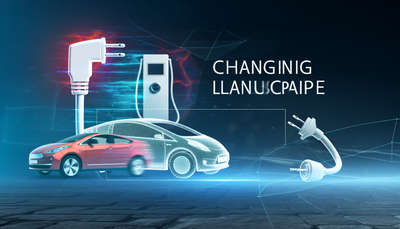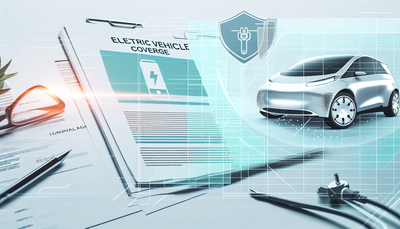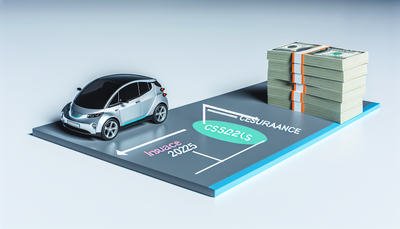Why Insuring an Electric Vehicle is Different from a Traditional Car

Why Insuring an Electric Vehicle is Different from a Traditional Car
Electric vehicles (EVs) are becoming increasingly popular as more drivers transition to sustainable alternatives. However, one aspect that many new EV owners may not immediately consider is insurance. Electric vehicle insurance differs from traditional car insurance in several ways, from cost structures to coverage options. Understanding these differences can help you make informed decisions when insuring your EV.
The Key Differences Between EV and Traditional Car Insurance
1. Higher Repair and Replacement Costs
EVs tend to have higher repair and replacement costs than traditional gasoline-powered cars. Their advanced technology, specialized parts, and expensive batteries contribute to these increased expenses. As a result, insurance premiums for EVs may be higher to account for the potential costs insurers may face when covering repairs or replacements.
2. Battery Coverage Considerations
Unlike traditional vehicles, where the engine is the most valuable component, an EV’s battery pack is its most expensive part. Some insurance policies include specific coverage for battery damage or degradation, while others may require separate add-ons. Ensuring that your policy covers battery-related issues is crucial for protecting your investment.
3. Specialized Repair Shops and Technicians
Not all mechanics are trained to handle EV repairs, meaning repairs often require specialized technicians and certified facilities. These limited service providers can lead to longer repair times and higher labor costs, factors that insurance companies take into account when calculating premiums.
4. Comprehensive and Collision Coverage Differences
Because EVs often have advanced safety features and unique structural components, their collision and comprehensive coverage requirements may differ from those of traditional vehicles. Features such as regenerative braking or autonomous driving systems may necessitate different coverage terms, impacting overall insurance rates.
5. Potential Discounts for Eco-Friendly Vehicles
On the positive side, some insurers offer discounts and incentives for EV owners. Because EVs produce fewer emissions and often include advanced safety features, certain insurance companies provide lower rates or policy discounts to encourage eco-friendly choices.
Conclusion
Electric vehicle insurance comes with unique challenges and benefits compared to traditional car insurance. While higher repair costs, specialized coverage needs, and battery considerations might increase premiums, potential savings through insurer incentives and reduced maintenance costs can balance things out. When insuring your EV, carefully review policy details and compare options to ensure you get the best coverage at the right price.
As the EV market continues to grow, insurance providers are likely to develop more competitive and tailored policies. Staying informed about coverage differences will help you navigate the insurance landscape with confidence.







